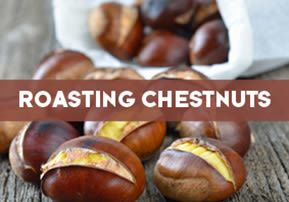
Roasting Chestnuts
Parents often give little forethought as to the purpose of procreation. Hashem imbued us with the desire to have children but not for our own self-gratification…

“If you believe that you can destroy, believe that you can fix” (Likutei Moharan 2:112).
With the onset of winter, the produce at the supermarket changes considerably. We can no longer enjoy summer fruits such as watermelon or grapes, unless they are imported. Instead, we are blessed with other winter crops including a variety of citrus fruits, apples and winter squash. Last week something special caught my eye which I knew I had enjoyed in the past so I decided to buy some – chestnuts! Despite their name, chestnuts are actually a fruit and aside from being tasty, they are also very healthy.
I remember seeing street vendors roasting them over a fire, so I decided to roast them in the oven. Even at my age, we occasionally do things which are more than embarrassing to recount to others, but for educational purposes, I will swallow my pride. I understand now that I should have researched how to cook them beforehand. I was too anxious to fulfill my lust for food and didn’t think things through. Instead, after about 15 to 20 minutes, I found out the hard way. In what I can only describe as sounding like monstrous popcorn bouncing 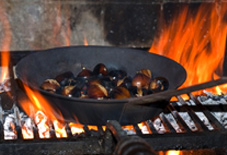 against metal, the chestnuts began exploding in quick succession until the entire inside of my oven was splattered with chestnut meat. By the time I realized what was happening, I was only able to salvage a few still intact.
against metal, the chestnuts began exploding in quick succession until the entire inside of my oven was splattered with chestnut meat. By the time I realized what was happening, I was only able to salvage a few still intact.
I swiftly removed the remaining chestnuts, cracked open the shells and checked for bugs. At least I was able to make a shehechianu (prayer over eating a new fruit) and enjoy some of the seasonal delicacy. Was it worth all the mess I had to clean up? Yes, because as with everything, it is all from Hashem. Since then I discovered the right way to roast them (putting a slit in the shell allows the hot air to safely escape without repercussions). More significantly, I realized the whole episode can be analogous with our lives.
Parents often bring children into the world with little forethought as to the purpose of procreation. Hashem imbued us with the desire to have children but not for our own self-gratification nor just because it is the accepted course of events. When couples are blessed with offspring, they naturally love them and want the best for them, but giving the child food, clothing and mentally stimulating toys is not enough. Our Creator wants these holy neshamot (souls) to carry out His will. We are but His emissaries, entrusted with the awesome task of nurturing these tiny sprouts, Divinely sent souls with unique and specific purposes in the world.
Like the enticing chestnuts, we shouldn’t undertake anything until we learn about it first. We can search out “roasting chestnuts” in Google, but the only source for raising a family is G-d’s comprehensive resource called the Torah. Like the chestnut, if we don’t follow the correct guidelines, without warning, a precious life can become a huge mess. There is always the possibility of resurgence from any catastrophe but why must we put our children through that if we can lead them on an upright path to begin with?
“There is no despair in the world” (Likutei Moharan 2:78)
Despite a parent’s obligation to rear their children properly, we, as adults, should not begrudge the fact that we were perhaps not raised in the manner we would have chosen for ourselves. All that we encountered in life was prescribed and approved by G-d Himself and no one is to blame for any pitfalls along the way. These difficulties propel us to grow. Once we let go of the accusations, we can optimize our commitment to strengthen our emuna and embrace our heritage. No one can do that for us and we alone are held accountable for our actions. If we make the maximum effort to work on ourselves and strive to be holy individuals, we will undoubtedly become inspirational role models for our children as well.
To paraphrase Tehillim somewhat (Psalm 1:1-3), we are told that a man can only be happy if he does not accept the advice of the wicked, the sinner, nor of the scornful. His contentment comes from contemplating Hashem’s Torah day and night. He will then be like a tree planted by streams of water, which brings forth fruit in its season, whose leaves don’t wither, and he will be successful in all he does.
May it be the will of our Heavenly Father that all those searching for their soul mates will find them with ease and anyone praying for children be granted their heart’s desires. And may Hashem bless us with wisdom and grant us the strength of the chestnut tree to bring forth abundant blossoms of sweet and wholesome children.







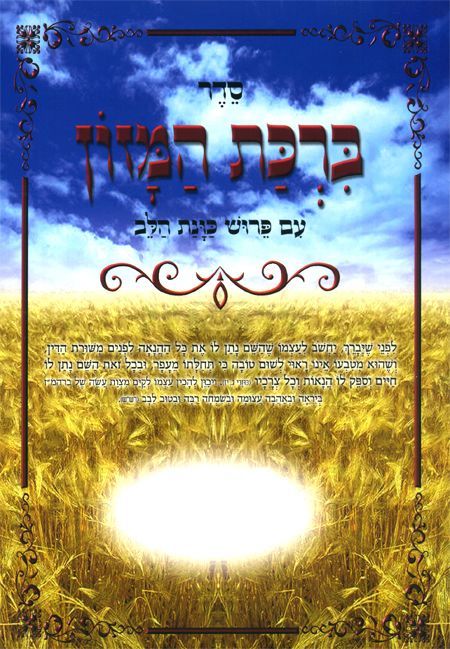
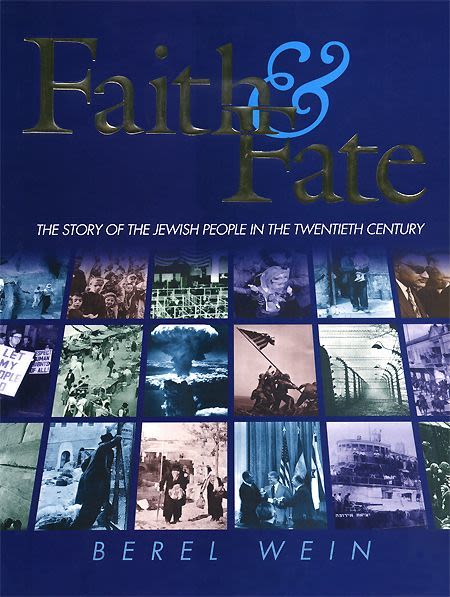
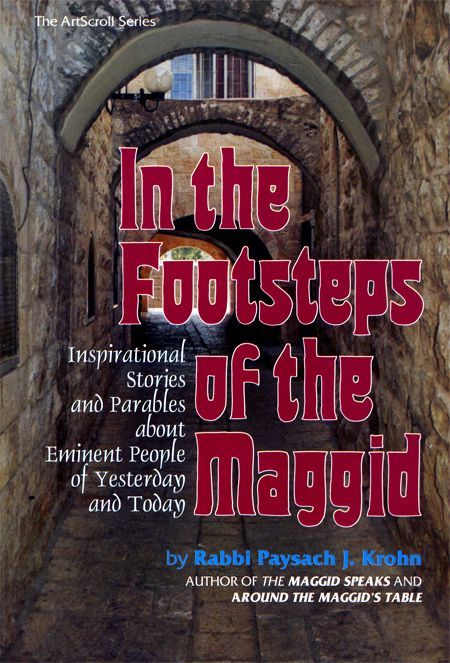
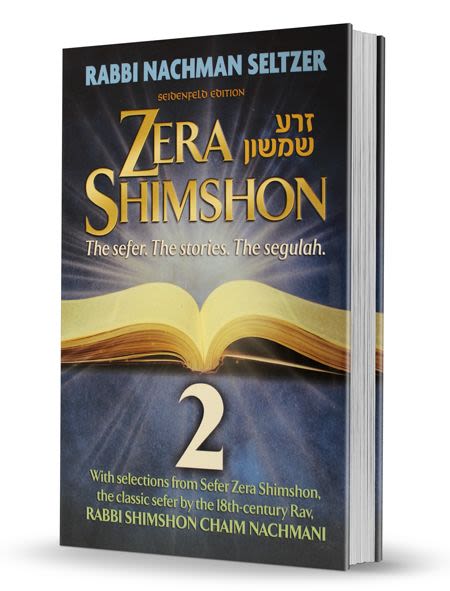

Tell us what you think!
Thank you for your comment!
It will be published after approval by the Editor.